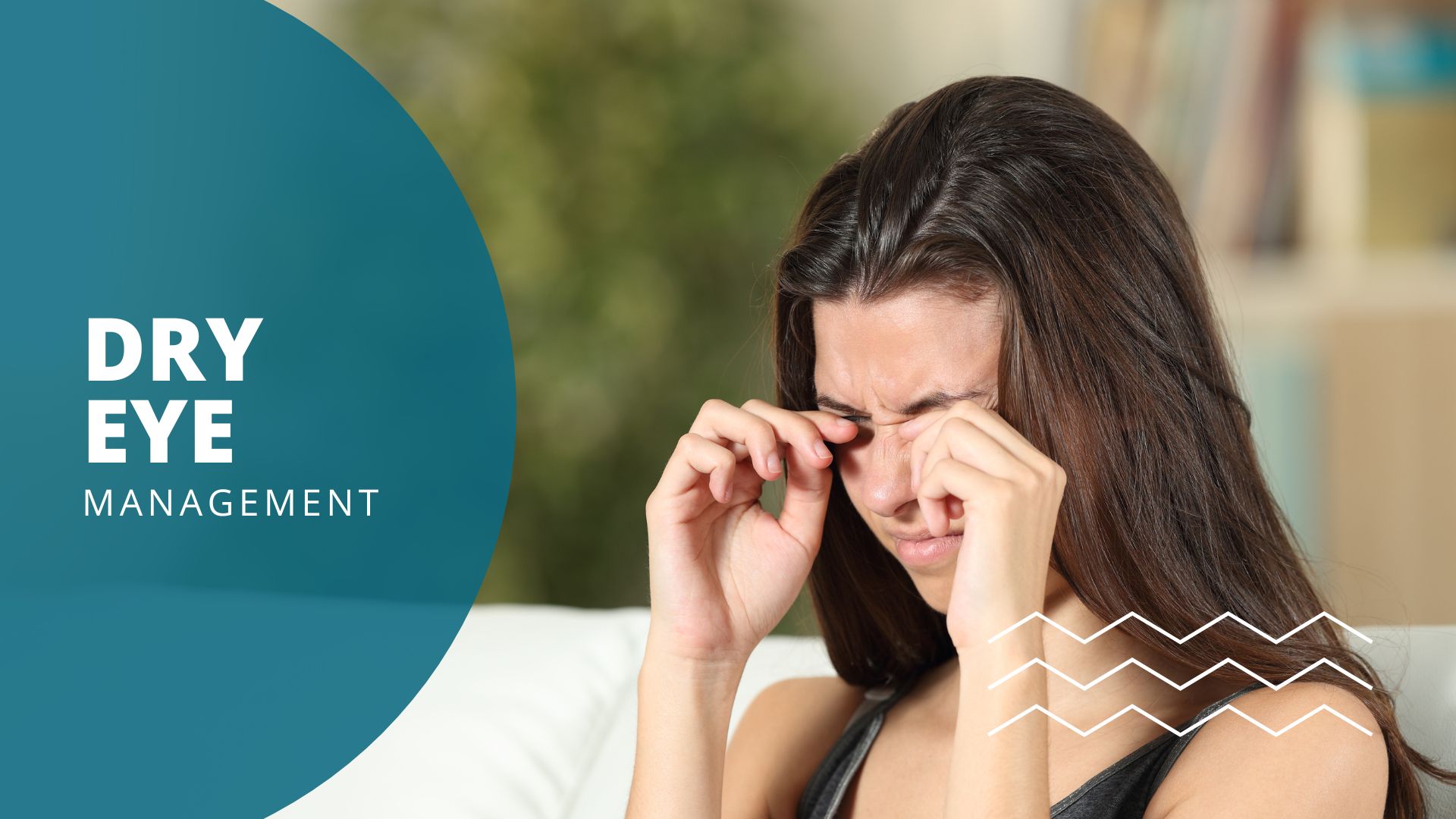Dry eye syndrome (DES), known as keratoconjunctivitis sicca, is a common condition affecting millions worldwide. It’s caused by the eyes not producing enough tears or when tears evaporate too quickly, leading to inflammation and discomfort.
Although this eye condition can make it difficult to do daily activities, with proper management from a dry eye clinic like Professional Family Eyecare in Royal Palm Beach, people with DES can experience considerable relief.
How to Alleviate Dry Eye Symptoms
- Stay Hydrated
Dehydration can worsen dry eye symptoms, so drink plenty of water throughout the day to keep your body and eyes well-hydrated. You should aim for at least 8 to 10 glasses of water daily.
- Maintain a Healthy Diet
Incorporate foods rich in omega-3 fatty acids, such as fish (salmon, sardines), flaxseeds, and walnuts into your diet. Omega-3s are proven to enhance the quality of the eye's oil film, produced by the meibomian glands.
- Use Artificial Tears
For mild cases, over-the-counter artificial tear drops can provide immediate relief by lubricating the eyes. Be sure to purchase preservative-free varieties to avoid eye irritation.
- Follow the 20-20-20 Rule
If you spend a lot of time in front of screens, take a break every 20 minutes to look at something 20 feet away for at least 20 seconds. Following the 20-20-20 rule can help reduce eye strain and dry eye associated with reduced blinking during prolonged screen time.
- Wear Sunglasses Outdoors
UV rays can be as damaging to the eyes as they are to the skin, so you should wear sunglasses that block 100% of UV rays when outdoors. Sunglasses, especially wraparound styles, can also help you protect your eyes from elements such as wind and dust.
- Consider a Humidifier
Low-humidity environments can worsen dry eye symptoms, especially during winter when you use heaters. Using a humidifier in your home or office can help maintain adequate moisture levels in the air, providing relief for your eyes.
- Practice Good Eyelid Hygiene
Debris and oil can block the meibomian glands, preventing oil from lubricating the tear film adequately. To prevent this from happening, you should clean your eyelids using gentle lid massages and eyelid cleansers. Additionally, be mindful of using makeup and harsh products around the eye.
- Use A Warm Compress
You can use a clean washcloth, cotton pad, or a specially designed eye mask to unclog blocked oil glands. Whatever you choose, make sure it can retain heat and is gentle on the skin. Place the warm compress over your closed eyelids for about 10-15 minutes and gently massage around the eyelids to stimulate healthy tear production.
- Avoid Direct Airflow
Direct airflow from fans, air conditioners, or car heaters can increase tear evaporation. Never allow air to flow in front of your face and eyes, as this will help retain moisture.
- Consult an Eye Care Professional
Visiting an eye doctor is the most effective way to lessen dry eye symptoms. They’ll provide a comprehensive evaluation, recommend suitable treatments, and tailor a management plan to meet your needs. Here are some client treatment options:
- Prescription Eye Drops: These can address various underlying causes of dry eye, such as inflammation or tear production issues.
- Punctal Plugs: These tiny devices are inserted into tear ducts to block drainage, increasing the eye's tear film and surface moisture.
- Meibomian Gland Expression: This procedure clears blocked eyelid glands, helping improve oil flow into the tears.
- Specialty Lenses: These glasses or contact lenses maintain eye moisture and protect the eyes from environmental factors.
- Lifestyle and Environmental Changes: Adjustments to reduce exposure to wind, smoke, and air conditioning or changes in diet and hydration levels.
Schedule a Dry Eye Consultation in Royal Palm Beach
The key to managing DES is consistency and a proactive approach to eye care, which begins with a consultation at Professional Family Eyecare in Royal Palm Beach.

